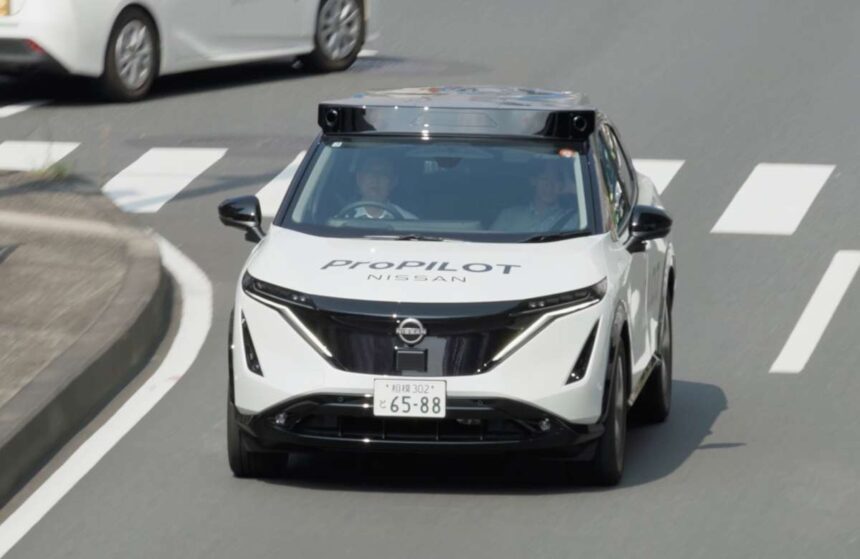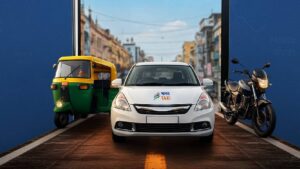New Delhi: Nissan is working to rejuvenate its faltering automobile sector by advancing its self-driving technology. In a recent trial, a Nissan Ariya sedan, outfitted with 11 cameras, five radars, and an advanced sensor known as LiDAR, successfully navigated the busy streets of downtown Tokyo. This vehicle is expected to be available to the public in 2027 and demonstrated its ability to halt for red lights, pedestrians, and other vehicles at intersections.
In contrast to Nissan’s prior self-driving systems, which were optimized for the clearly marked lanes of highways, this innovative technology is engineered to address the complexities of congested and unpredictable urban environments.
The Autonomous Driving Market
Nissan’s initiative comes amid a rapidly expanding autonomous driving market. According to IndustryARC, the market is projected to reach $2 trillion by 2030, driven by breakthroughs in artificial intelligence, sensor technology, and data processing capabilities.
Major Players in the Field
Several significant competitors are already active in the autonomous driving sector:
- Toyota Motor Corp. has entered into a partnership with Waymo, Google’s self-driving technology. Waymo has also begun operations in Japan through a collaboration with a local taxi company, although it remains in the testing phase.
- Other automotive manufacturers, including Honda Motor Co., General Motors, and Mercedes-Benz, are developing their own autonomous driving technologies.
- Additionally, tech giants like Amazon and its subsidiary Zoox have emerged as key contenders from outside the traditional automotive space.
Nissan’s Challenges
Nissan’s new endeavor comes at a time when the broader Japanese automotive industry faces significant hurdles, including tariffs imposed by the Trump administration. The company itself is grappling with substantial difficulties, having engaged in drastic measures such as job cuts and the appointment of a new chief executive, Ivan Espinosa, to spearhead a turnaround strategy. Known for models like the March subcompact, Leaf electric vehicles, and the Infiniti luxury lineup, Nissan reported financial losses during the April-June period, marking a continuation of a trend reflective of a fiscal year in the deficit.
[Note: Additional related articles available, such as the investigation into Tesla due to issues with faulty door handles.]










